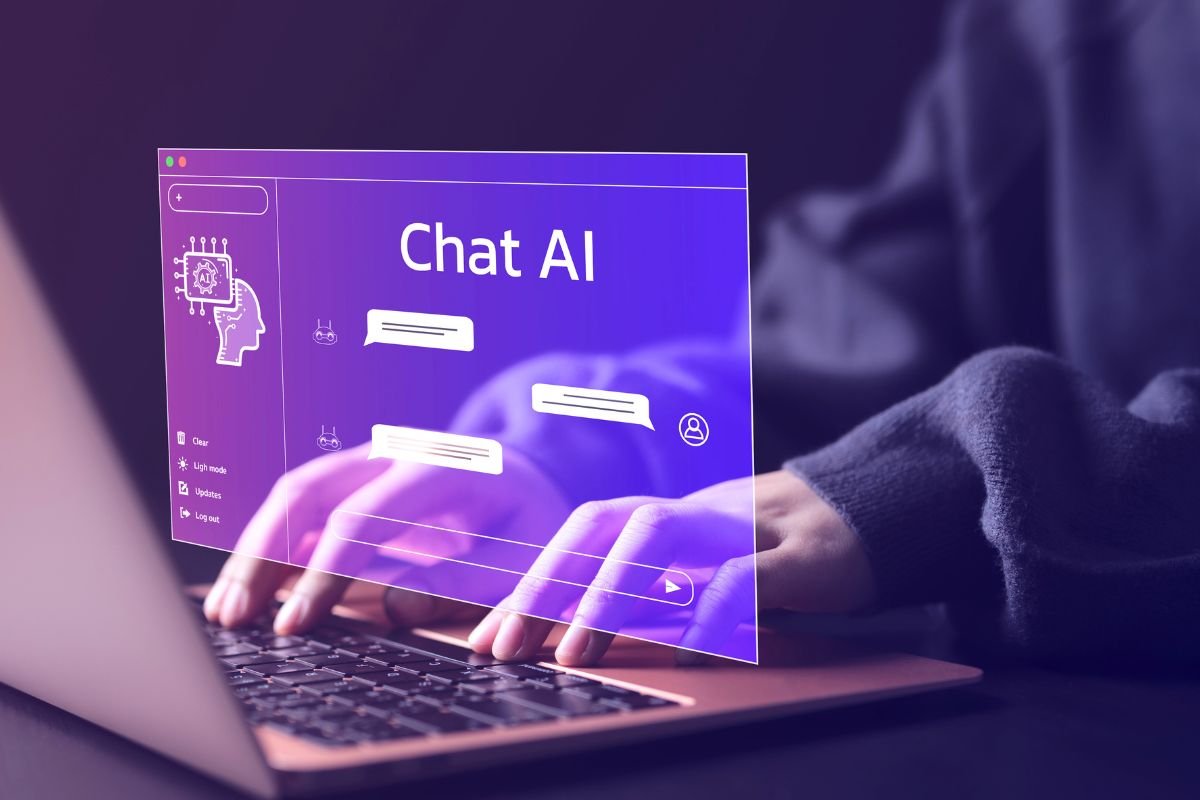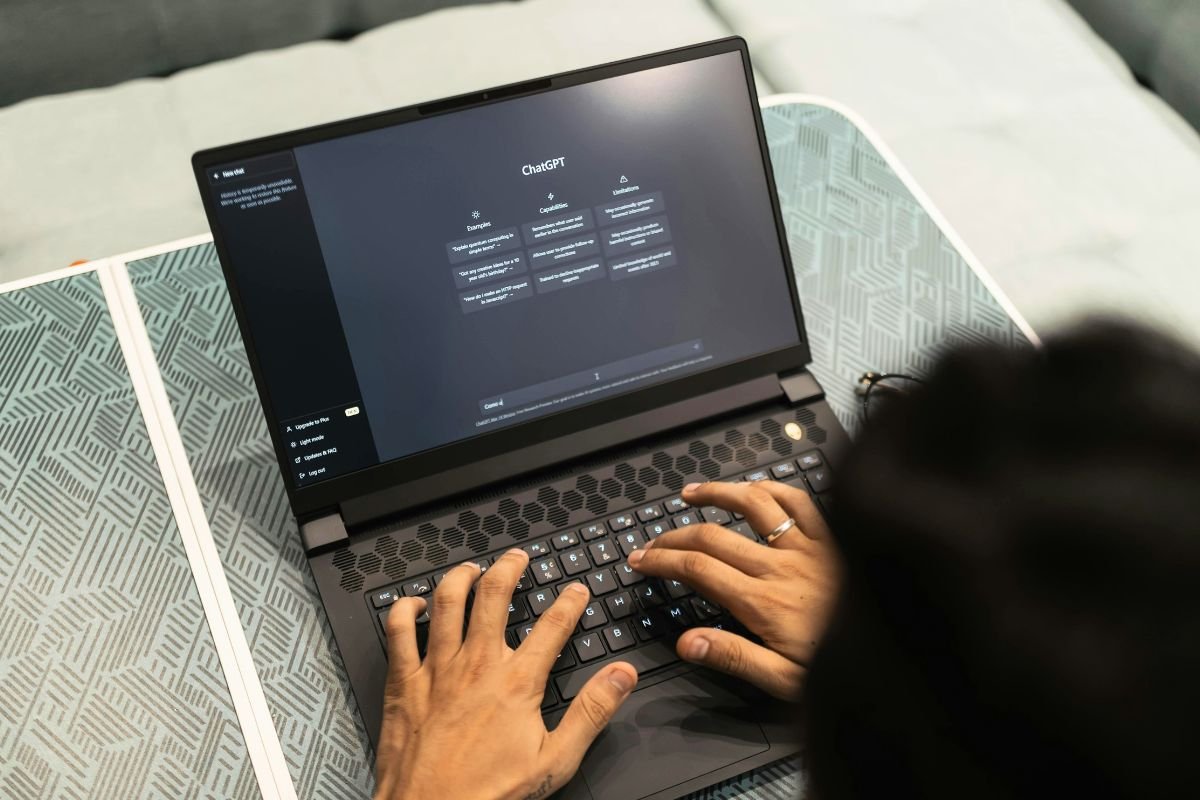In just a few short years, ChatGPT has gone from a novelty to a tool millions use daily. For some, it’s more than just a program that predicts the next word — it’s become a digital companion, offering advice, guidance, and even comfort in moments of doubt. What once felt like science fiction is now woven into everyday life.
A tool embraced by millions
According to surveys, nearly half of people in France — especially younger generations — have already tried conversational AI systems like ChatGPT. Usage has skyrocketed, with audience figures multiplying eightfold in just a year. What began as a curiosity has quickly become part of people’s routines, whether for writing, brainstorming, or seeking emotional support.
For many, the appeal lies in how natural the exchange feels. As one Parisian put it, “It’s like talking to my best friend.” Whether walking down the street or sitting at a café, conversations with ChatGPT often resemble casual phone calls — except the “friend” on the other end is powered by algorithms.
When a chatbot becomes a coach
The most surprising shift has been the way users rely on ChatGPT for more personal matters. Beyond drafting emails or summarizing articles, people now turn to it for life advice: how to navigate relationships, manage stress, or even find motivation to reach a goal.
Psychologists note that the non-judgmental nature of these interactions is key. Unlike a human friend who may carry biases, an AI can provide feedback that feels neutral, supportive, and available 24/7. Of course, it’s not a substitute for professional help, but for many, it fills a gap — offering reassurance in moments of uncertainty.
The psychology of connection
Why does talking to an AI feel so personal? Researchers in human-computer interaction suggest that people instinctively project emotions onto conversational systems. The rhythm of dialogue, the tone of responses, and the illusion of memory all contribute to a sense of intimacy. Over time, repeated interactions strengthen this bond, making the chatbot feel less like a tool and more like a confidant.
A new kind of relationship
While ChatGPT won’t replace human friendships, it highlights how technology is reshaping the way we connect. For some, it’s a coach that encourages them to reflect and make better decisions. For others, it’s a quiet companion during a lonely commute.
The rise of AI companions also raises questions about how we balance digital interactions with real-world relationships. But one thing is clear: for millions, conversations with ChatGPT don’t feel mechanical — they feel human. And sometimes, that’s exactly what people need.



